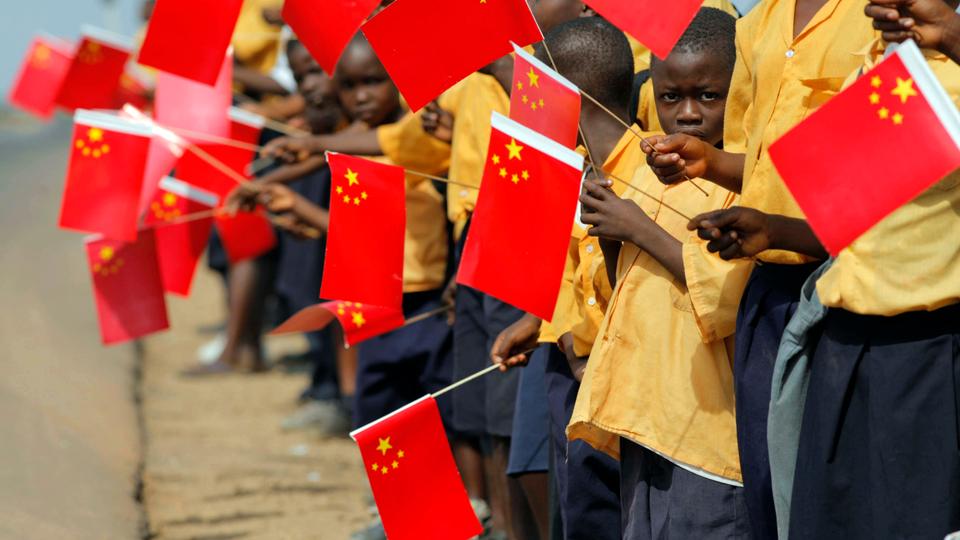The Changing face of Colonialism in Africa

Africa, has been repeatedly abused in the last few hundred years, with fifty of the fifty two countries being colonised and while they have now gained indpendance, it seems that there maybe a new variation of imperialism underway.
Being one of the most resource rich continents, Africa has always attracted 'investors', with China being the most recent. China has been giving billions of pounds to the African continent to help with development, in particularly infrastructure under the Belt and Road Initiative (BRI) that aims to bring Asia, Africa and Europe closer together and has projects in over 60 countries. This monopolisation of global development no matter how 'altruistic' cannot be a good thing.
The primary reason this investment is seen as a form of colonialism is that it is viewed as a debt trap by many. Billions being loaned to historically corrupt governments does not seem like the wisest investment but Chinese businessmen bring over their resources and workers that goes back into funding the Chinese economy as seen in Mozambique where economists say the country has yet to see growth in economy as a result of these projects but China sure does. The International Monetary Fund (IMF) found that 'China owned 15% of Africa external debt', signifying the large control it has over Africa. Being owed billions by these countries means China is able to hold political and economic control and because a large amount of its resources come from Africa it is a powerful tool for them. Chinese and African individuals have differing views when it comes to this form of investment as is evidenced in the debate below.
Though China is not the only one investing into Africa. France has a long standing history with many African states and uses this to its advantage, because gone are the days of military invasion for political and economic gains. This is mainly done through the CFA Franc, which is two currencies used in parts of west and central Africa and while it has benefits for France it seems to do very little for the receptive African countries. Syla outlines how France can pay for its imports in these countries in its own currency and benefits from trade surplus and the only positive African receptors of this the upper class, meaning it does very little for actual development in the country. 'Africans countries paid up to 65% of foreign exchange reserves into the French Treasury', this does nothing but help the French economy but because there is not direct bloodshed or suffering, economic neocolonialist tactics like these are ignored and not seen as urgent crises by most observers.
Colonialism is viewed as a 20th century issue and the world has moved into a new era, but China and France are proving this to be incorrect. Under the guise of development and tackling inequality they further trap Africa in debt and in a weak economic state. During the pandemic they were the last to receive the vaccine because under capitalism they are only viewed as as breeding ground for resources and material gains.
Comments
Post a Comment